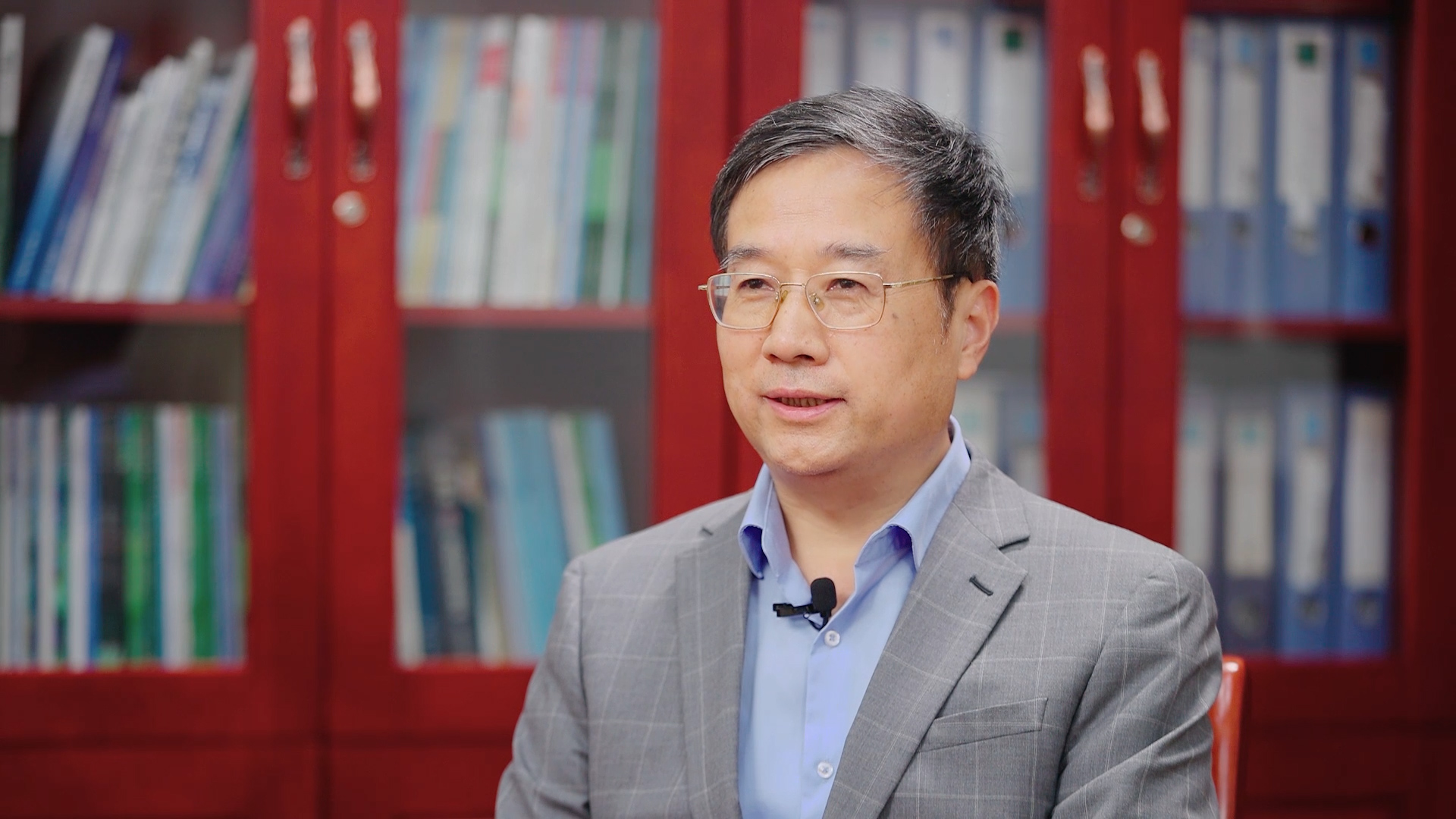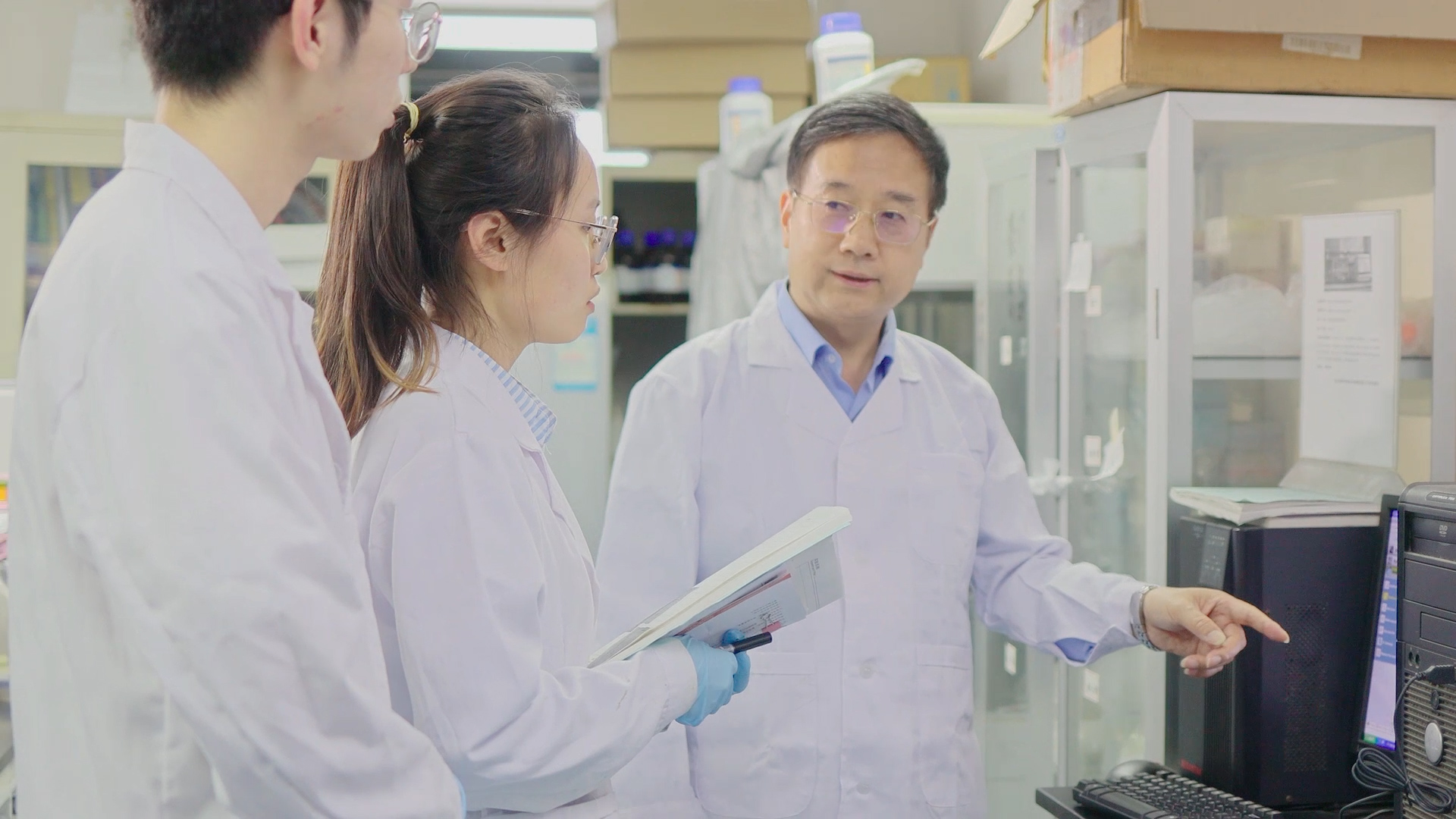Fisheries and aquaculture provide food for billions of people globally and are intrinsically connected to our economic prosperity, livelihoods, nutrition, biodiversity, and ecosystems.
One of the most groundbreaking innovations in recent years has been the integration of genomics technology into fisheries science. This has empowered researchers to delve deeply into the genetic intricacies of various aquatic species, unearthing a wealth of knowledge with the potential to revolutionize the aquaculture industry.
This is the very mission that Dr. Chen Songlin, an Academician of the Chinese Academy of Engineering and a Professor and Doctoral Supervisor at the Yellow Sea Fisheries Research Institute, Chinese Academy of Fishery Sciences, has been devoted to for three decades. His unwavering dedication is aimed at providing the technical foundation for the breeding and advancement of new fish varieties.
 Dr. Chen Songlin, an Academician of the Chinese Academy of Engineering and a Professor and Doctoral Supervisor at the Yellow Sea Fisheries Research Institute, Chinese Academy of Fishery Sciences.
Dr. Chen Songlin, an Academician of the Chinese Academy of Engineering and a Professor and Doctoral Supervisor at the Yellow Sea Fisheries Research Institute, Chinese Academy of Fishery Sciences.
Genomics technology plays a pivotal role in Dr. Chen's research. "We have identified some challenges in fish breeding and aquaculture industry, which are difficult to solve or explain using traditional methods," he explained.
One such challenge revolved around the breeding of the Chinese tongue sole, a type of flatfish with a notable size disparity between males and females. After two years of growth, females could reach a weight of around two pounds, while males struggled to even reach half a pound. In the prevalent breeds used in the industry, up to 80% of the population consisted of males. Consequently, the slower growth and smaller body size of male fish posed critical constraints on the industry's development.
In 2009, Dr. Chen initiated a collaboration with BGI-Research to utilize genomics technology in resolving this constraint. "At that time, BGI-Research had already shown its strengths in animal and plant genome sequencing, and had made significant achievements," Dr. Chen reminisced.
In just two years, both parties successfully sequenced the entire genome of the Chinese tongue sole. Subsequently, after an additional three years of rigorous work, the team identified the gene responsible for sex determination in the Chinese tongue sole. They also established genetic sex identification technology and high-yield female seed breeding techniques, effectively rectifying the issue of an excessively high proportion of male fish being bred.
In 2014, their pioneering work was published in Nature Genetics, marking the world's first fully sequenced flatfish genome. This accomplishment held profound implications for the advancement of global fish genome sequencing and laid the foundation for transformative progress in the aquaculture sector.
 Dr. Chen Songlin works in the laboratory.
Dr. Chen Songlin works in the laboratory.
Addressing the broader implications of these advancements, Dr. Chen underscored the significance of whole-genome sequencing. This technology has provided answers to numerous scientific questions that were previously unanswerable, such as mechanisms related to sex determination, metamorphic molecular processes, and the regulation of disease resistance. These insights have provided invaluable resources for enhancing fisheries and selective breeding, thus forming the basis for innovative breeding technology, and holding substantial value for the application and development of the aquatic seed industry.
"Over the past two decades, BGI-Research has played a pivotal role in genome analysis and the evolution of genomics, leading the way in collaborative efforts with other institutes to decode the genomes of many critical species," Dr. Chen commented.
Looking ahead, Dr. Chen emphasizes the imperative for ongoing collaboration with BGI-Research, "We hope to collaborate with BGI-Research on a higher level in leading research such as single-cell and pan-genome." These future undertakings hold the promise of further enriching our comprehension of aquatic species and the aquaculture industry, ultimately contributing to a more sustainable and productive global fishery.



